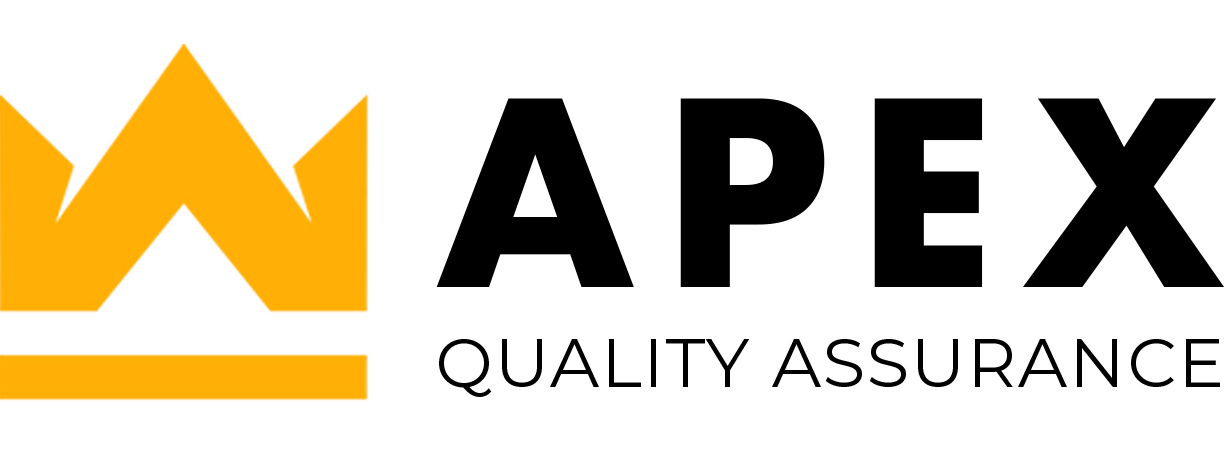LIVE ONLINE – Identifying & Preventing the Use of Counterfeit Parts with AS5553 & AS6174 (1-Day – 6.5 CPD Hours)
-
Industry Challenges with Counterfeit Parts: Understanding the impact of counterfeit parts on industries and discussing ongoing efforts to combat the issue.
-
Counterfeit Part Prevention Efforts: Exploring industry strategies to prevent counterfeit parts, focusing on standards like AS5553, AS6174, and G-19.
-
Standards and Guidelines: An overview of AS5553, AS6174, and other relevant standards in preventing counterfeit parts.
-
Organizational Roles in Counterfeit Prevention: How various departments within an organization can work together to prevent counterfeit parts from entering the supply chain.
-
Auditing for Counterfeit Prevention: Methods for auditing Counterfeit Parts Prevention (CPP) as part of AS 9100C/AS 9120B (ISO 9001:2015) internal audits.
-
End Users: Government or commercial entities using platforms, systems, or equipment (e.g., UK MoD, US DoD, NASA, etc.)
-
Platform Integrators
-
Systems Integrators
-
OEMs: From system-level (e.g., Radar) to lower-level (e.g., Power Supply) manufacturers
-
CEMs (Contract Electronics Manufacturers): Board-level manufacturing
-
Product Maintenance/Repair Organizations
-
Material Procurement Organizations: Including BPO organizations
-
Other Stakeholders: Any organization contracted to comply or looking to enhance their processes related to counterfeit part prevention.
-
Training Personnel on Counterfeit Prevention
-
Best practices for educating staff on identifying and managing counterfeit parts.
-
-
Electronic Parts Inspection and Testing
-
Techniques for inspecting and testing electronic parts to ensure authenticity.
-
-
Combating Counterfeit Proliferation
-
Processes and strategies to minimize the spread of counterfeit parts.
-
-
Maintaining Traceability of Electronic Parts
-
Importance of electronic part traceability and the systems used to maintain it.
-
-
Supplier Selection and Management
-
Choosing suppliers who are either the original manufacturer or authorized dealers.
-
-
Counterfeit Reporting and Quarantining
-
Best practices for reporting and handling suspected counterfeit parts.
-
-
Identifying Suspect Counterfeit Parts
-
Methodologies for identifying counterfeit parts in the supply chain.
-
-
System Design, Operation, and Maintenance
-
Incorporating counterfeit detection and prevention into system design and maintenance practices.
-
-
Flowing Down Counterfeit Detection Requirements
-
Understanding how to flow down counterfeit detection and avoidance requirements across your organization.
-
-
Staying Current on Counterfeit Trends
-
Processes for keeping informed about emerging counterfeit threats and trends.
-
-
Screening GIDEP and Other Sources
-
How to screen and use GIDEP reports and other reliable sources to stay ahead of counterfeit risks.
-
-
Control of Obsolete Electronic Parts
-
Addressing the challenges of managing and controlling obsolete parts in the supply chain.
-

